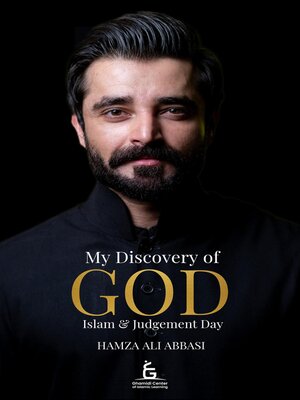

Sign up to save your library
With an OverDrive account, you can save your favorite libraries for at-a-glance information about availability. Find out more about OverDrive accounts.
Find this title in Libby, the library reading app by OverDrive.



Search for a digital library with this title
Title found at these libraries:
| Loading... |
The book emphasizes the Quran's role as a preserved record of divine accountability on earth through the last Rasool, Muhammad (PBUH). The author hopes for divine accountability and a good outcome in the afterlife for themselves and the readers. This book aims to provide rationally and morally satisfactory answers to existential questions for laypersons. It encourages readers to approach the Quran with an open mind and consider its message of accountability, purity, and sincerity.
The main themes of the book revolve around the nature of biases and their impact on the pursuit of truth, the human tendency towards bias in matters of God and religion, the importance of simplicity in understanding divine accountability, the necessity of humility in existential matters, the role of inference in drawing conclusions, the relationship between science and the existence of a divine being, the use of multiple tools in existential inquiries, the significance of consciousness and intelligence in the universe, the simplicity of the uncaused cause, the relevance of our comprehension of what is "simple" and "complex," the justification for believing in a creator with similarities to us, and the realistic possibility of an intelligent consciousness as the first cause of everything.
This book is a profound exploration of existential questions and the journey of rediscovering Islam through the teachings of Javed Ahmad Ghamidi. It delves into the rationality behind belief in a creator, the significance of understanding one's true origin, and the severe consequences of divine accountability. The author reflects on his transition from atheism to Islam and discusses the role of science and humility in faith.
The book also explores religious ideas across cultures and the historical verifiability of Islam. It addresses questions about God, morality, the afterlife, and religious practices, offering insights into Islam's stance on various social and ethical issues. The author's personal journey towards accepting Islam is highlighted, emphasizing the compelling nature of the Quran and its alignment with their existential inquiries.






